The onset of a global pandemic did exactly what one would imagine. The global economic train halted and stood still. Industries all across the world were hot hard and the luxury industry was no different. Companies like Bvlgari had to think on their feet and this pressure led to new opportunities. This is something the CEO of Bvlgari, one of the largest and most influential luxury goods manufacturers in the world believes in.
In the third installment of In-Focus, we will be focusing on one of the most popular personalities in the luxury watch industry, Jean-Christophe Babin.
Jean-Christophe Babin, A Visionary, A Trendsetter, A Leader
A Brief
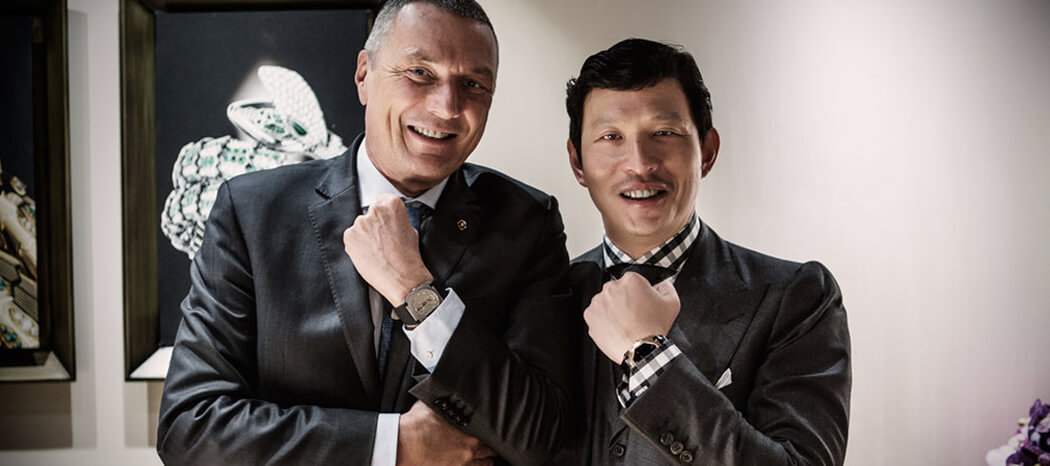
Bvlgari’s Chief Executive Officer Jean-Christophe Babin is a man of knowledge and culture. He was born in Paris in 1959 with a French as well as Italian nationality. Graduating from the HEC, Babin started his career in sales and marketing. He then joined the Boston Consulting Group.  There he began handling numerous clients from the luxury goods sector. His career took a turn when he became the Managing Director of the Italian subsidiary of Henkel in 1994. In 1998, he was appointed as the Senior Vice-President of Düsseldorf at its German headquarters.
However, it wasn’t before the beginning of the 21st century that he changed his field of interest. Jean-Christophe Babin joined the luxury group LVMH. He then came to work at TAG Heuer in Switzerland. He was then appointed as the President and CEO of TAG Heuer towards the end of 2000. LVMH acquired Bvlgari in 2011 and Babin was appointed CEO in 2013.
Early Life
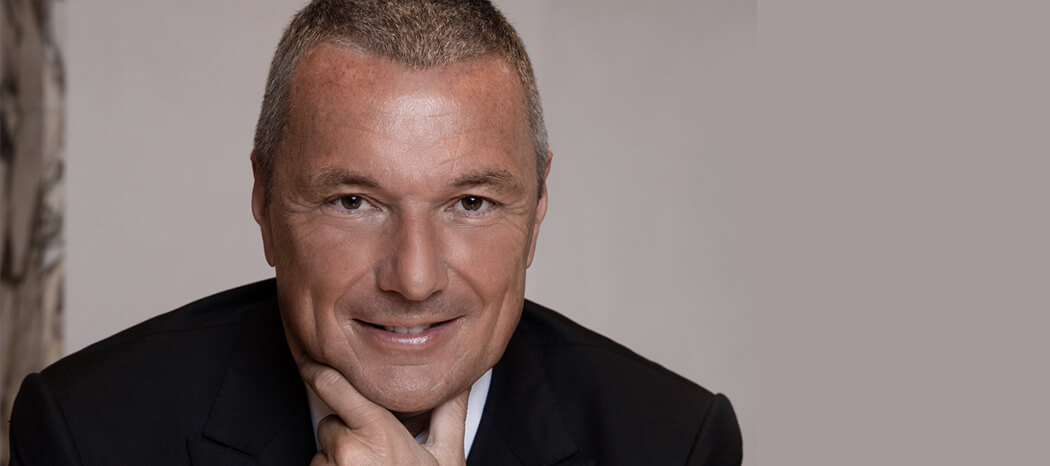
You might not know this but Jean-Christophe Babin enrolled for the military after completing school. He had the opportunity to travel the globe as Aide de Camp to a Naval officer. He eventually decided to forgo his career in the armed forces and backpacked across India before joining Proctor & Gamble in its sales and marketing departments.
He also gained knowledge and received massive exposure at the Boston Consulting Group. He then stepped in his career when he joined Henkel, a company where he was appointed as the senior vice president in 1998.
During the time he was working at Henkel, his wife was working at LVMH as the marketing director for Italy. She organized various events and the couple attended most of them. These events had Babin come face to face with actors, singers, poets, and writers. Jean-Christophe Babin described his decision as a “no-brainer†when LVMH offered him the job of leading TAG Heuer after it was acquired by the luxury goods giant.
His Time At TAG Heuer

As a brand, TAG Heuer, originally known as Heuer Watches, has always been closely associated with motor sports. Jean-Christophe Babin as well as honorary Chairman Jack Heuer wanted the brand to retain that identity.
Upon arrival, Babin realized that the emphasis on precision timekeeping was not the same as it once used to be at the company. He then set out to renew the very fabric of the TAG Heuer DNA. First order of business being re-creating the brand’s commitment to quality and precision timekeeping.
Juts six months into his job and Babin kick-started a campaign to go ‘all-out’ on mechanical watchmaking. The aim was to get back to the roots of the watchmaker that once made it so special. He wanted the brand to master the tiniest fractions of timekeeping.
Jean-Christophe Babin was on his way to leave his mark on the brand. The brand soon launched the Calibre 360. This was the first mechanical chronograph wristwatch with the precision of .01 of a second. It was the perfect homage to Charles-Auguste Heuer, the company’s founder’s son. He was the one who gave the world its first mechanical stopwatch that could measure 1/100th of a second, in 1916.
Digitizing The Business

Digitization is not exactly a new subject in business. Companies have been digitizing products since early 2010s. In this case, however, it is not a question of digitizing products, but of digitally integrating operations and customer management. The only way to go about it is via impactful communication as well as branding.
The question that arises is of maintaining the elusive balance between exclusivity and an expansive reach via social media. Innovation in languages and targets also play a huge role. The other aspect is of promoting a change internally in the organization. This change pertains to the skills of the staff in regard to their approach with next generations of luxury goods buyers. Once again, the key issue presented in front is changing the corporate culture altogether.
Bvlgari, for one, had to ensure that its employees could work remotely. This was to ensure that the business unaffected. Fortunately, it was something that Bvlgari had created back in 2019. This allowed all its employees to log in via a laptop without any disruption in work.
Accelerating digital processes, however, is only segment of the big picture which is to connect to the younger audiences, that is, the future consumer of the luxury products. Babin states, “I think those things will continue on a new level, that we wouldn’t have expected in the next two or three years. Sooner or later it would have arrived.† He further added that COVID did accelerate the entire process.
The whole charade has also highlighted the importance of millennials. This was something that Bvlgari had already addressed in areas such as jewellery, perfumes, and accessories. He also added that this has been the primary loophole of the Swiss watch industry.
A New Series For New Buyers
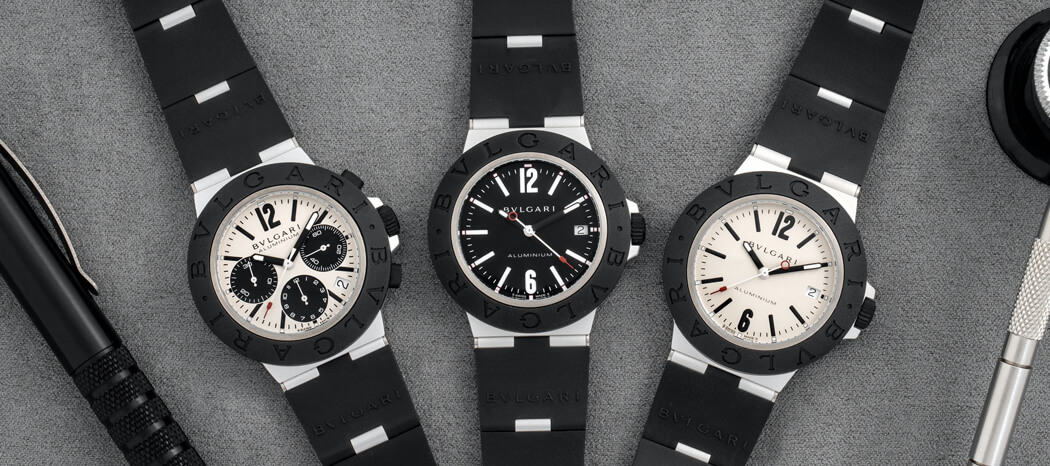
It was this new vision for the brand that drove a giant like Bvlgari to an entirely new watch collection that was specifically aimed at millennials. The collection talks here is the Bvlgari Aluminium. In the words of Jean-Christophe Babin himself, “On the one hand, it’s very authentic, very crafted, and has mechanical movements only.
“On the other hand, it has a very strong character but also a very informal character to match millennials’ lifestylesâ€, the CEO of Bvlgari added. One of the biggest luxury goods manufacturer strongly believes that millennials do not want formal luxury anymore. They don’t want the good old stiff or classic luxury. They are looking for something more flexible, something more expressive.
Re-Inventing The Brand
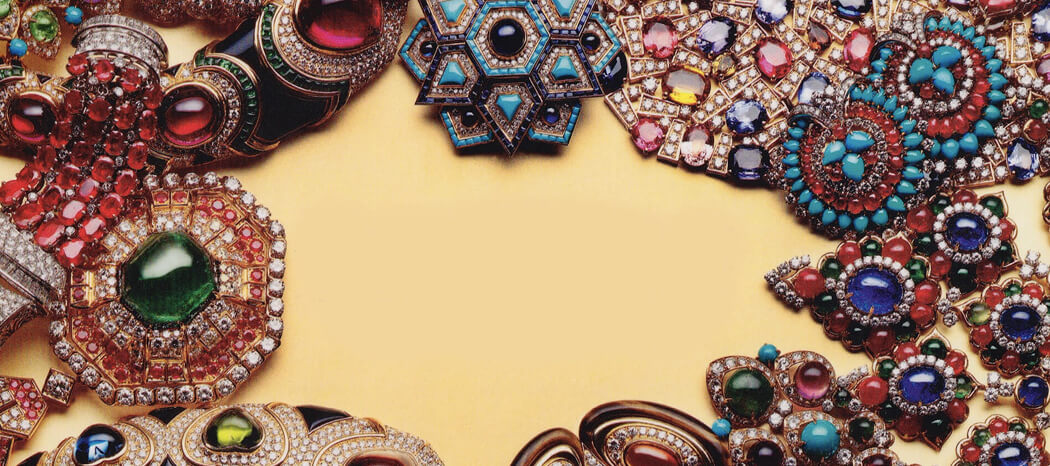
One of the key areas of focus for Jean-Christophe Babin from now on is to re-invent the brand. He strongly believes that it is imperative that the brand understands how to engage with millennials. Unlike some other sectors of the luxury goods industry, the Haute Horlogerie is not going out of its way to tap this high-potential market segment.
The idea is to be relevant from every possible angle. In today’s time, you need to go digital, you need to be smartphone compatible, and you need to be active on all social platforms. The product that you offer needs to be daring and bold enough to make customers think. It has to be casual though. However, at the same time, it has to be classy as well as sophisticated.
When it comes down to top-end luxury brands, this translates into a ton of work. It essentially means that you have to completely revamp your way of operating. In other words, you need to re-invent yourself.

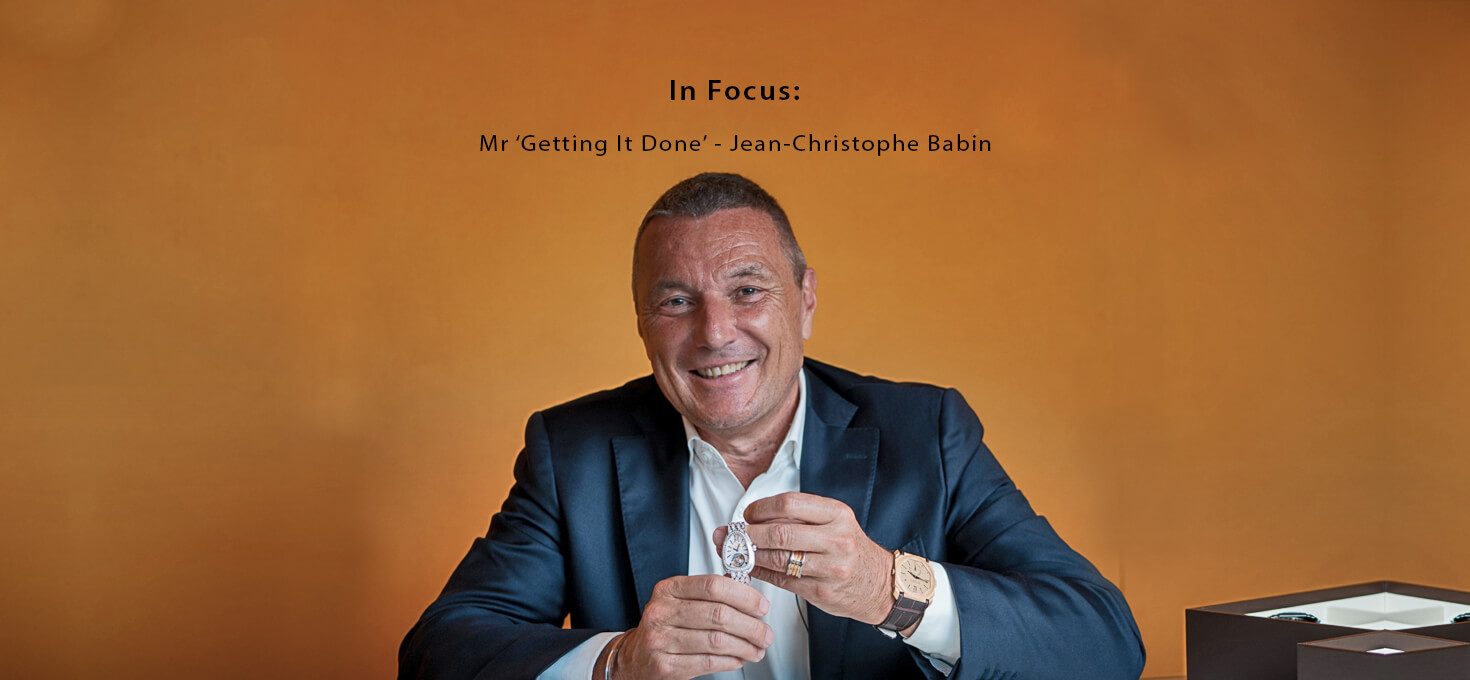
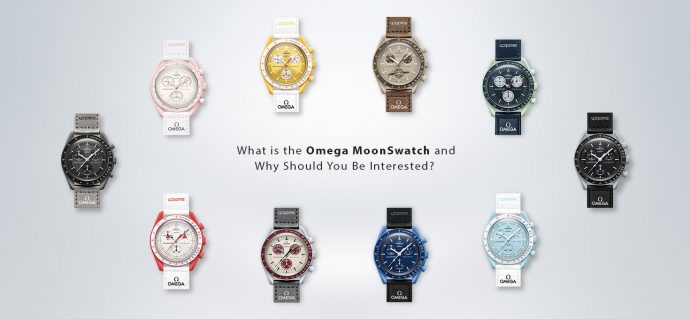
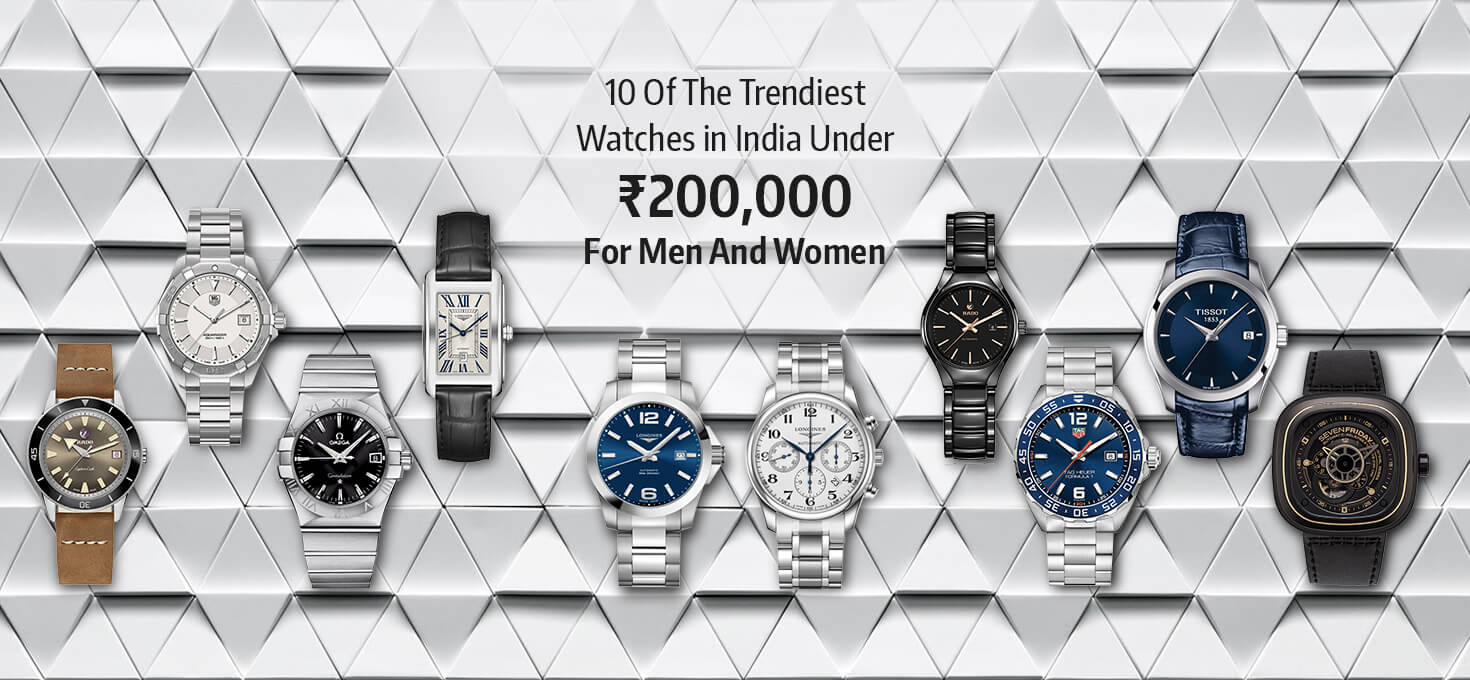
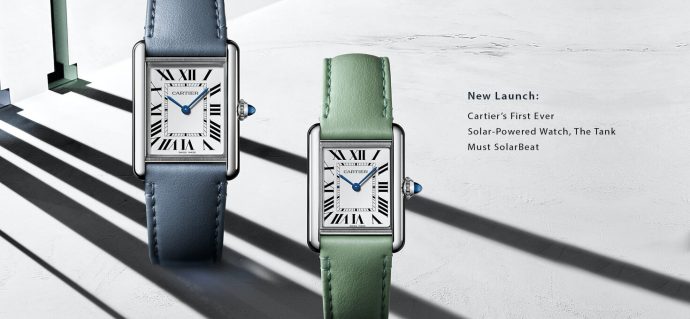
Recent Posts
Recent Comments
Archives